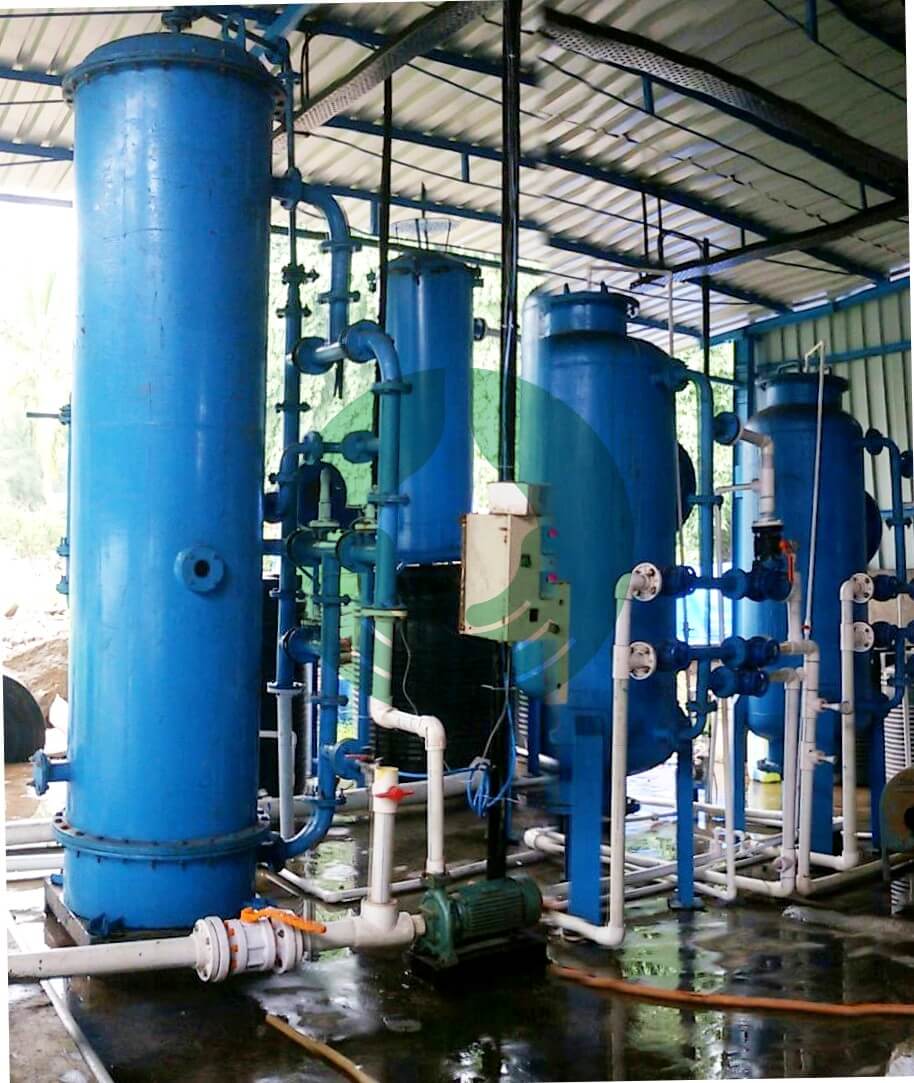

A DM Plant, also known as a Demineralization Plant, is an essential component of many industrial processes. It is used to remove minerals and impurities from water, producing DM water that is free of ions and other contaminants. DM water is highly pure and is used in many industrial applications, including power generation, pharmaceuticals, and electronics manufacturing.
The process of demineralization involves passing water through a series of ion exchange resins that selectively remove the minerals and other impurities. The resin beads attract and hold onto the ions in the water, replacing them with hydrogen and hydroxide ions. These ions combine to form pure water, which is then collected and stored in a separate tank.
DM water is highly pure and has a low conductivity, making it an ideal choice for use in industrial processes that require consistent and reliable water quality. It is used as a cooling agent in power plants, as a solvent in pharmaceuticals, and as a cleaning agent in electronics manufacturing. In addition, DM water is used in many other applications where high-quality water is required.
The quality of DM water is critical to the success of many industrial processes. Any impurities or contaminants in the water can cause damage to equipment, reduce efficiency, and increase the risk of product contamination. As a result, DM Plants are designed to produce water that meets specific quality standards and undergo rigorous testing to ensure that the water is free of impurities.
In conclusion, DM Plants are an essential component of many industrial processes, producing highly pure DM water that is free of impurities and contaminants. The quality of DM water is critical to the success of many industrial applications, and the reliability and consistency of DM Plants are key to ensuring that the water meets the required quality standards. As a result, DM Plants are an important investment for any industry that requires high-quality water for its operations.